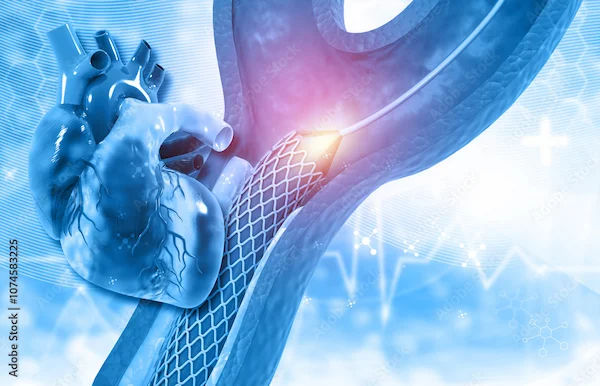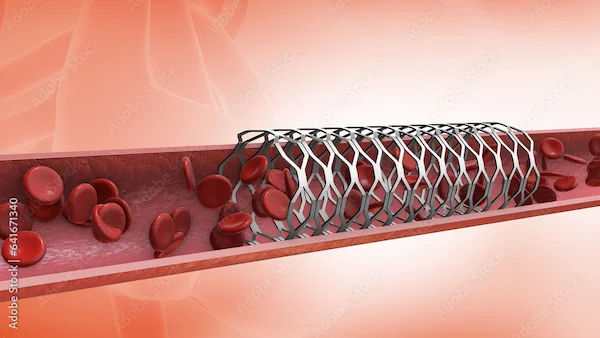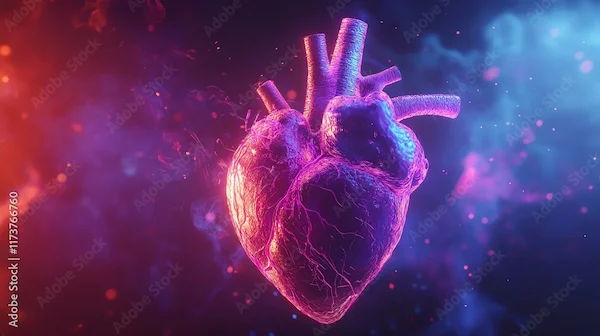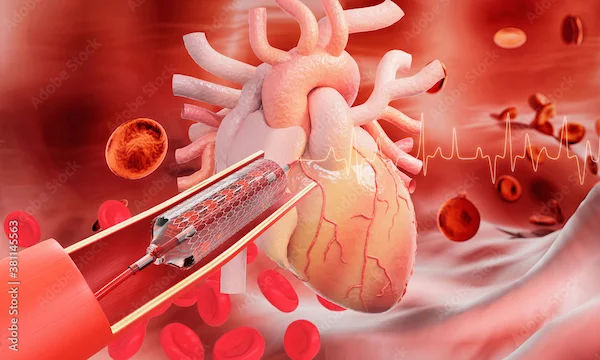Cracking Your Neck and Stroke Risk
Discover the potential link between cracking your neck and stroke risk. Understand how certain neck movements might impact arteries and what medical experts say about the safety of this habit.


Have you ever cracked your neck to relieve tension or stiffness? Many people do this habitually, often without thinking twice. While it might provide temporary relief, there’s growing concern about whether this habit could increase the risk of a serious condition like a stroke. Let’s explore what the research says, how it affects your health, and what safer alternatives you can try.
What Happens When You Crack Your Neck?
When you twist or stretch your neck to produce a "cracking" sound, you’re essentially releasing gas bubbles from the synovial fluid in your joints. This fluid lubricates the joints, and the popping sound occurs when pressure changes cause these bubbles to burst. While this may feel satisfying, excessive or forceful neck cracking can strain the surrounding muscles, ligaments, and—most importantly—the delicate blood vessels in your neck.
The Connection Between Neck Cracking and Stroke
The biggest concern with neck cracking is its potential link to a rare but serious condition called cervical artery dissection (CAD). This occurs when a tear forms in one of the major arteries (vertebral or carotid arteries) that supply blood to your brain. If a blood clot forms at the tear site, it can travel to the brain and cause a stroke.
How Does This Happen?
- Forceful Movements: Aggressive or sudden neck twists can overstretch these arteries, increasing the risk of a tear.
- Underlying Weakness: Some people may have naturally weaker artery walls, making them more prone to injury.
- Repetitive Stress: Frequently cracking your neck may contribute to long-term wear and tear on these blood vessels.
While the overall risk is low, studies suggest that neck manipulation—especially by untrained individuals—can, in rare cases, lead to a stroke.
Warning Signs to Watch For
If you frequently crack your neck and experience any of the following symptoms, seek medical attention immediately:
- Sudden, severe headache (often described as "the worst headache of your life")
- Dizziness or loss of balance
- Blurred vision or difficulty speaking
- Weakness or numbness on one side of the body
- Neck pain that doesn’t go away
These could be signs of a stroke or artery dissection, which require urgent treatment.
Consult Top Heart Specialists
Safer Ways to Relieve Neck Stiffness
Instead of forcefully cracking your neck, try these gentler methods to ease tension:
1. Gentle Stretches
- Chin Tucks: Sit straight, gently tuck your chin toward your chest, and hold for 5 seconds.
- Side Neck Stretch: Tilt your head toward one shoulder and hold for 15-20 seconds.
2. Heat or Ice Therapy
- Apply a warm towel or heating pad to relax stiff muscles.
- Use an ice pack if there’s swelling or acute pain.
3. Improve Posture
- Avoid slouching when sitting.
- Keep your computer screen at eye level to reduce strain.
4. Regular Movement
- Take breaks if you sit for long periods.
- Try light neck rolls (without forcing a crack).
5. Professional Help
- If neck pain persists, consult a physiotherapist or chiropractor (ensure they are licensed and avoid aggressive manipulations).
When to See a Doctor?
If you experience chronic neck pain, frequent headaches, or any stroke-like symptoms, it’s best to consult a healthcare provider. At Apollo 24|7, you can easily book a consultation with a specialist who can assess your condition and recommend safe treatments.
Conclusion
While occasional neck cracking may not be harmful, doing it forcefully or too often can pose risks. Instead of relying on this habit, try safer alternatives like stretching, posture correction, and professional care. Your neck houses vital arteries that supply blood to your brain—so treat it gently!
If you have concerns about neck pain or stroke risk, don’t hesitate to reach out to a doctor. Schedule an appointment today through Apollo 24|7 for expert advice tailored to your needs.
Stay safe and take care of your neck—it’s more important than you might think!
Consult Top Heart Specialists
Consult Top Heart Specialists

Dr. Subir Ghosh
Cardiologist
16 Years • MBBS; MD(MED); DM(Cardio)
Ahmedabad
Apollo Hospitals Gandhinagar, Ahmedabad

Dr. K M K Reddy
Cardiologist
23 Years • MBBS, MD (Med.), DM (Cardio),FESC, FSCAI
Hyderabad
Apollo Hospitals Jubilee Hills, Hyderabad
Dr. Raman Puri
Cardiologist
29 Years • MD, DM
Delhi
Apollo Hospitals Indraprastha, Delhi
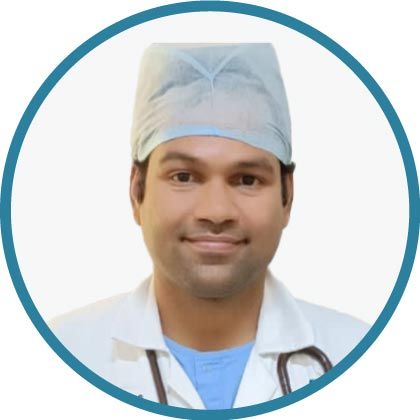
Dr. Chakradhar Pedada
Cardiologist
5 Years • MBBS,MD,DM
Visakhapatnam
Apollo Hospitals Ramnagar Vizag, Visakhapatnam
(25+ Patients)
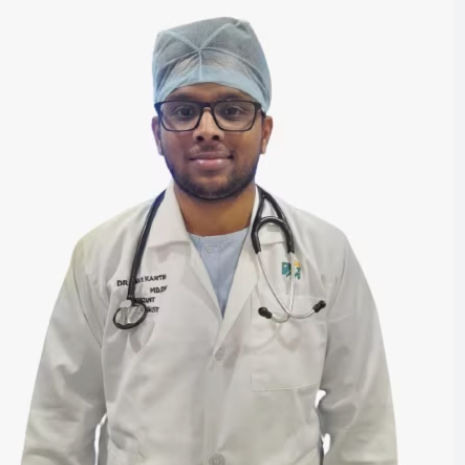
Dr Ravi Kanth T
Cardiologist
7 Years • MD, DM, PDF
Visakhapatnam
Apollo Hospitals Ramnagar Vizag, Visakhapatnam
Consult Top Heart Specialists

Dr. Subir Ghosh
Cardiologist
16 Years • MBBS; MD(MED); DM(Cardio)
Ahmedabad
Apollo Hospitals Gandhinagar, Ahmedabad

Dr. K M K Reddy
Cardiologist
23 Years • MBBS, MD (Med.), DM (Cardio),FESC, FSCAI
Hyderabad
Apollo Hospitals Jubilee Hills, Hyderabad
Dr. Raman Puri
Cardiologist
29 Years • MD, DM
Delhi
Apollo Hospitals Indraprastha, Delhi

Dr. Chakradhar Pedada
Cardiologist
5 Years • MBBS,MD,DM
Visakhapatnam
Apollo Hospitals Ramnagar Vizag, Visakhapatnam
(25+ Patients)

Dr Ravi Kanth T
Cardiologist
7 Years • MD, DM, PDF
Visakhapatnam
Apollo Hospitals Ramnagar Vizag, Visakhapatnam
